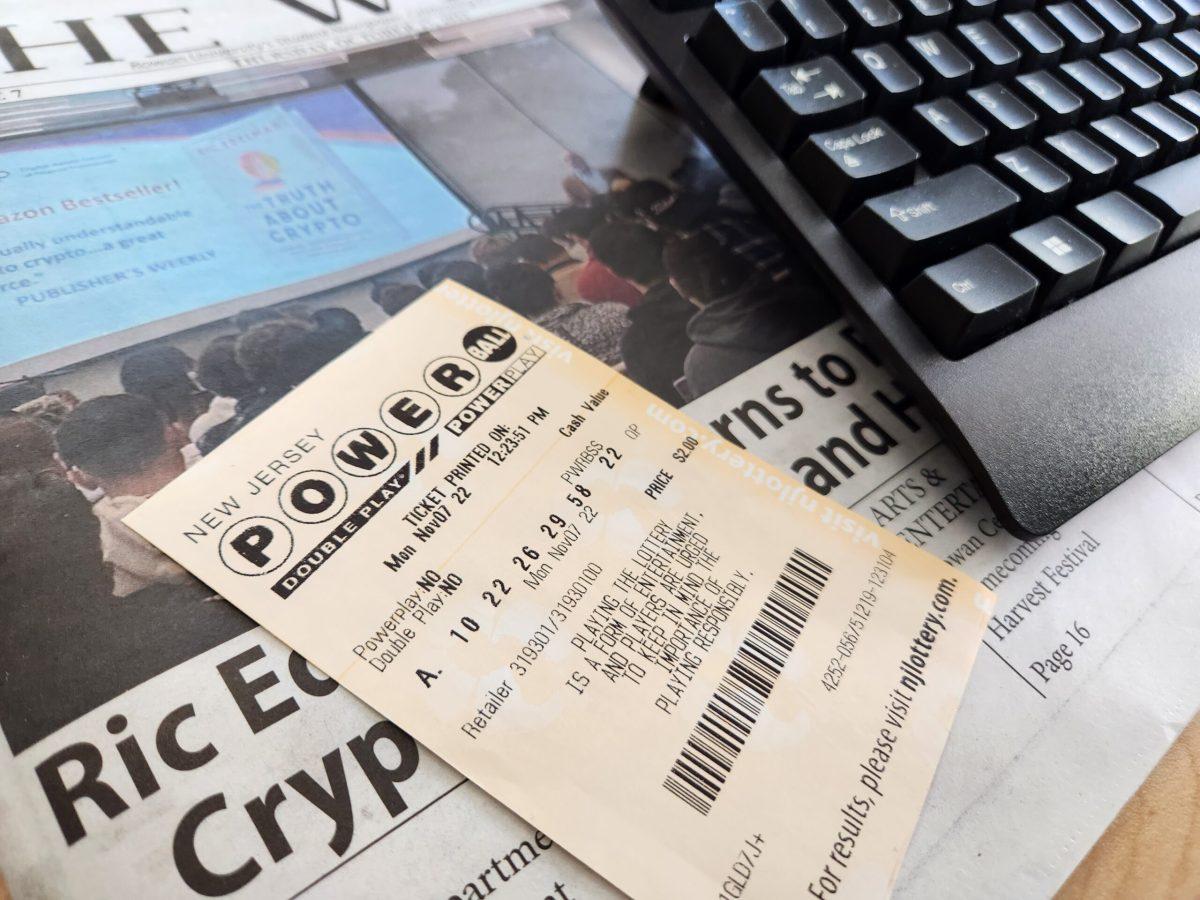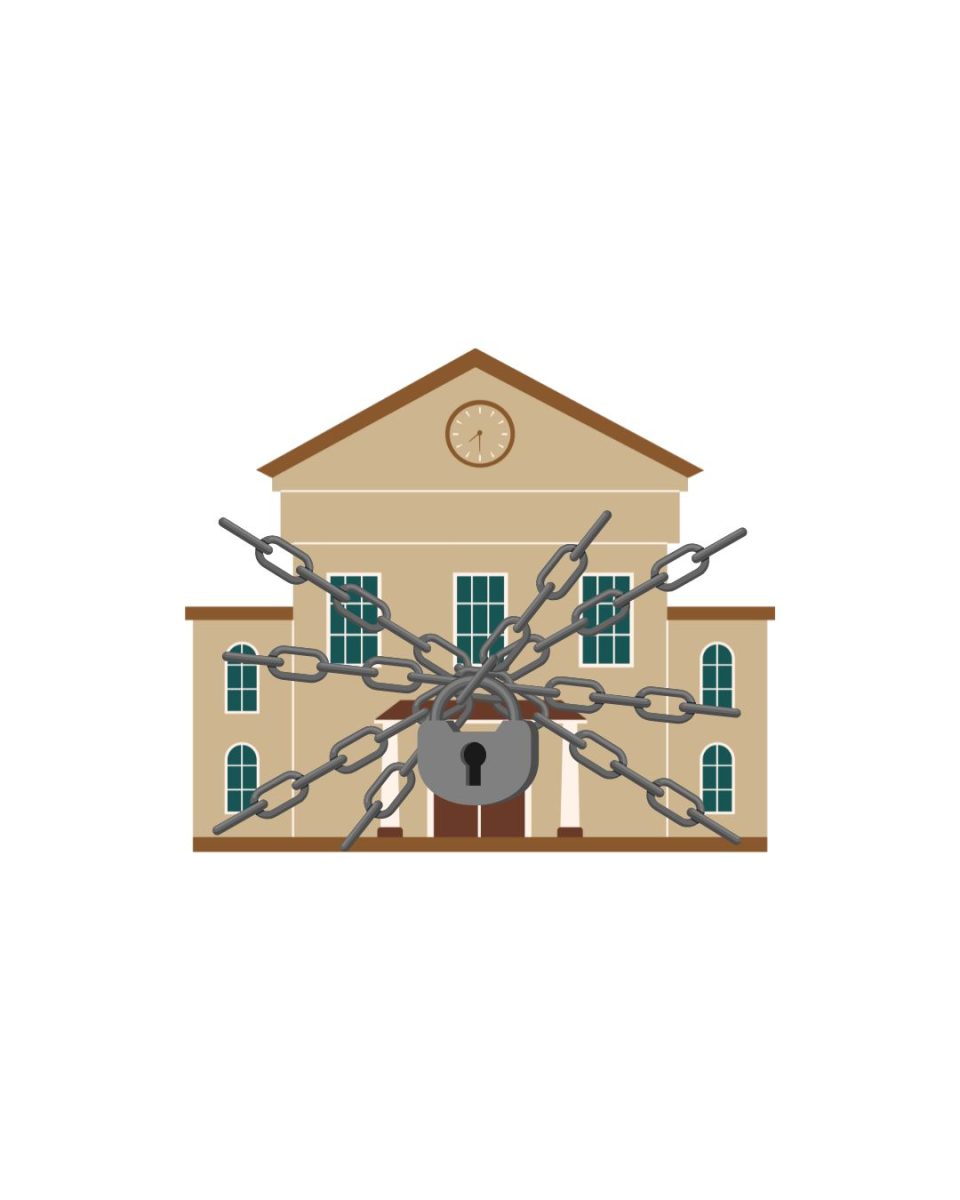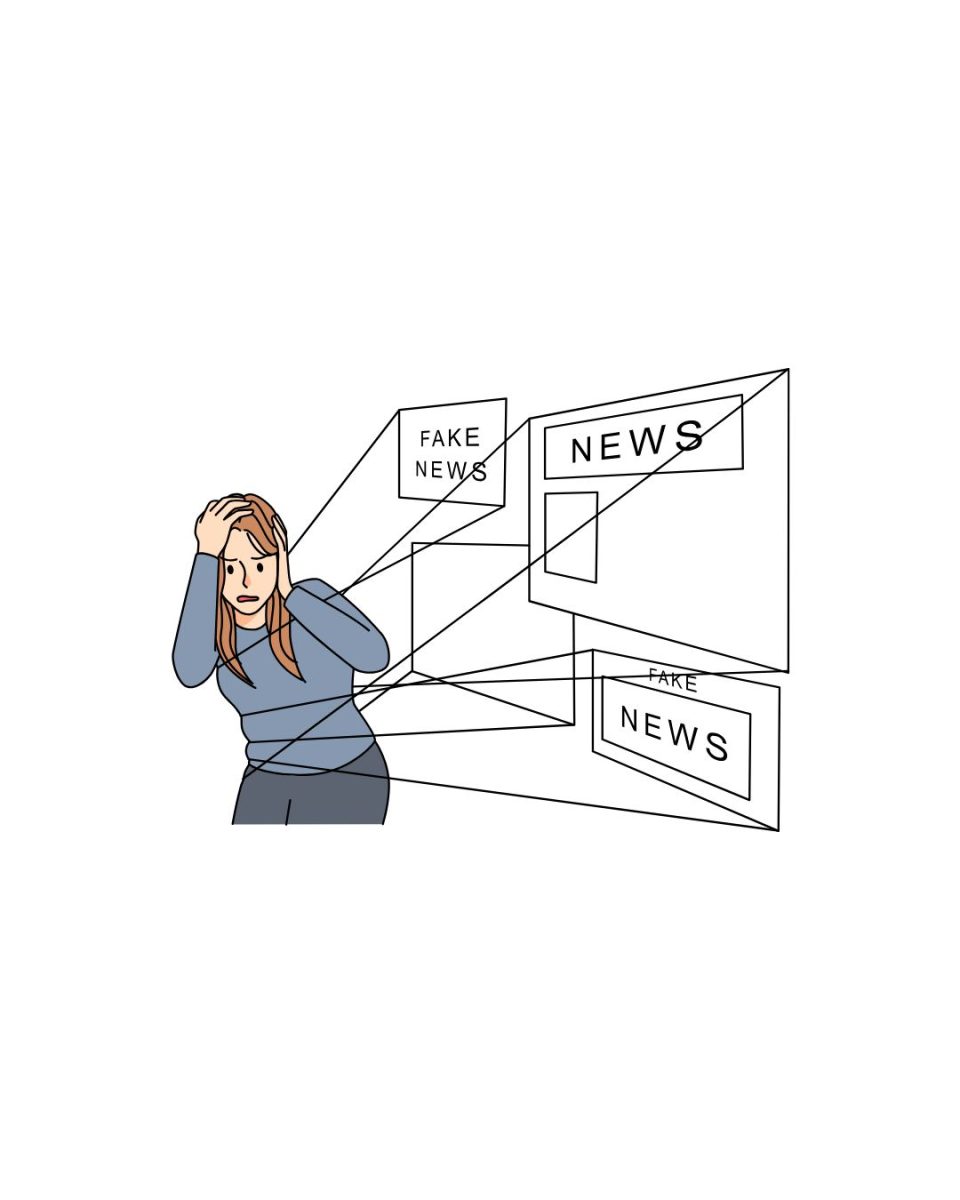For the second time this year, the lottery is promised to make you a billionaire.
After no one claimed the $1.6 billion Powerball jackpot on Nov. 5, the prize rolled over to the next drawing on Monday, Nov. 7, to hit a record $1.9 billion — the highest jackpot in United States history. The jackpot was finally awarded to a California native on Tuesday at a record $2.04 billion.
This is the second time in 2022 that the prize has ballooned over $1 billion, the last occurring in late July when the Mega Millions granted $1.337 billion to one lucky winner in Illinois. For only $2, you had the chance to join the lottery billionaire club — hypothetically.
You have a better chance of being struck by lightning in a given year than you do winning the lottery. Your odds of winning do not increase the more you play and while “you can’t win if you don’t play,” a 1 in 292.2 million chance doesn’t exactly sweeten the deal.
But as the stereotype of college students eating cup ramen and living in cramped housing prevails, does that mean college students should play the lottery?
As we pinch our pennies to buy the next textbook, coffee or cocktail, a lottery ticket is one of the easiest things to say no to. Convenience stores are spread throughout Rowan’s campus, making a lottery ticket a quick grab on your walk to class, but this light-orange sheet of paper doesn’t have the same social interaction or necessity as other typical, college-student expenses do.
You don’t need a lottery ticket for your economics class and your friends aren’t going to want to “try” your lottery ticket like they might want a sip of your holiday-themed cocktail from Landmark.
While a lottery ticket may only cost $2, a small coffee from the Barnes and Noble cafe is just about double the price. And unlike winning the lottery, there is a 100% chance that you will get coffee if you pay for it.
Lotteries also heavily prey on lower-income individuals. Powerball and Mega Millions are run by the Multistate Lottery Association, a non-profit organization that facilitates the lottery and — in New Jersey — allocates funds to numerous state programs.
However, people from low-income communities and those that are “made to feel poor” are the groups that contribute most to state lottery funds — meaning that the people meant to benefit most from state programs are those contributing to their funding.
But you may be feeling lucky and decide to give the lottery a chance, to which The Whit wishes you luck! However, it’s important to ask yourself if winning would even be worth it.
On one hand, this current jackpot offered the winner one lump sum of $997.2 million after taxes. Obviously, this money is life-changing, but with roughly 70 percent of lottery winners losing it all within five years — regardless of how much money they win — how much does winning impact an individual’s life in the long run?
Regardless of the pros and cons, if you win the lottery, you do win money even after taxes. And for a college student who spends their nights buying overpriced drinks or savoring Maruchan roast beef flavored ramen, that alone is incentive enough.
Just make sure that you make a generous donation to your student newspaper after you win. Or, in the more likely scenario, let us know if you get struck by lightning.
For comments/questions about this story, email [email protected] or tweet @TheWhitOnline




































































































































































































